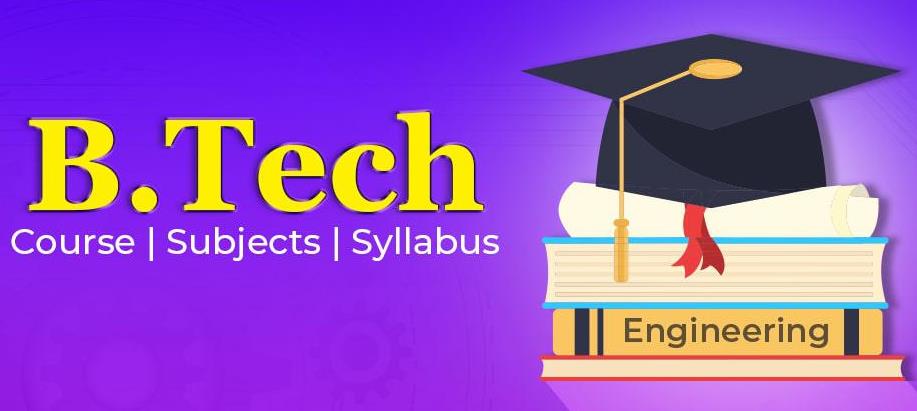B.Tech
Key Features of B.Tech
-
Duration:
- Typically, the program spans 4 years, divided into 8 semesters.
-
Eligibility:
- Completion of 12th grade (or equivalent) with Physics, Chemistry, and Mathematics as core subjects.
- Admission is often based on entrance exams like JEE Main, JEE Advanced, or state-level exams (e.g., MHT CET, WBJEE).
-
Core Focus Areas:
- Emphasis on problem-solving, innovation, and real-world applications.
- A blend of classroom lectures, lab work, projects, and internships.
-
Specializations:
-
Students can choose from a wide range of disciplines, such as:
- Computer Science and Engineering
- Mechanical Engineering
- Civil Engineering
- Electrical Engineering
- Electronics and Communication Engineering
- Information Technology
- Chemical Engineering
- Aerospace Engineering
- Biotechnology
- Artificial Intelligence and Data Science, etc.
-
Students can choose from a wide range of disciplines, such as:
Curriculum Structure
The curriculum is structured to balance theoretical knowledge with practical applications. Common components include:
- Core Subjects: Mathematics, Physics, Chemistry, and foundational engineering principles.
- Specialized Courses: Based on the chosen branch of engineering.
- Electives: Allow students to explore topics outside their core discipline.
- Laboratory Work: Focus on hands-on experience with tools, technology, and experimentation.
- Internships/Industrial Training: Real-world exposure in industries.
- Capstone Projects: A major project in the final year to showcase technical skills and innovation.
Skills Acquired
- Analytical and problem-solving abilities.
- Strong technical and programming skills.
- Design and project management expertise.
- Communication and teamwork skills.
Career Opportunities
B.Tech graduates have diverse career opportunities in sectors such as:
- Information Technology: Software development, IT services, AI, and cybersecurity.
- Core Engineering: Civil, mechanical, or electrical projects in private or government sectors.
- Research and Development: Innovative solutions in engineering and technology.
- Entrepreneurship: Startups and technological ventures.
- Higher Education: M.Tech, MBA, or specialized certification courses.
Popular Entrance Exams
-
India:
- JEE Main and Advanced
- State-specific exams (e.g., TNEA, KCET)
- Private university exams (e.g., VITEEE, SRMJEEE)
-
Abroad:
- SAT for universities in the US.
- Other regional or institution-specific exams.
Conclusion
A B.Tech degree equips students with the knowledge and skills to contribute to the ever-evolving world of technology and innovation. It offers numerous pathways for higher studies, employment, and entrepreneurship.

